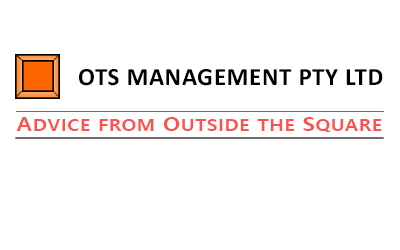While our focus is on advice to you after the accounts are prepared - on issues like your future-proof strategies, how to grow sales, making your business efficient - nevertheless we base our advisory work on numbers.
So naturally we care very much how you set up your accounting systems.
Whether your software or manual system, and your system around it is appropriate for you, whether the information is accurate (garbage in - garbage out), whether it is secure, whether it is efficient - all these details affect what our ongoing advice might be.
Whether you are thinking of starting your first or new business, or whether you are dissatisfied with how you "keep your books" at the moment, it is important to set up your accounting system correctly.
In order to help you we have prepared an extensive, free checklist on setting up your accounting system.
(more…)...
Read more
Setting Up Your Accounting System






